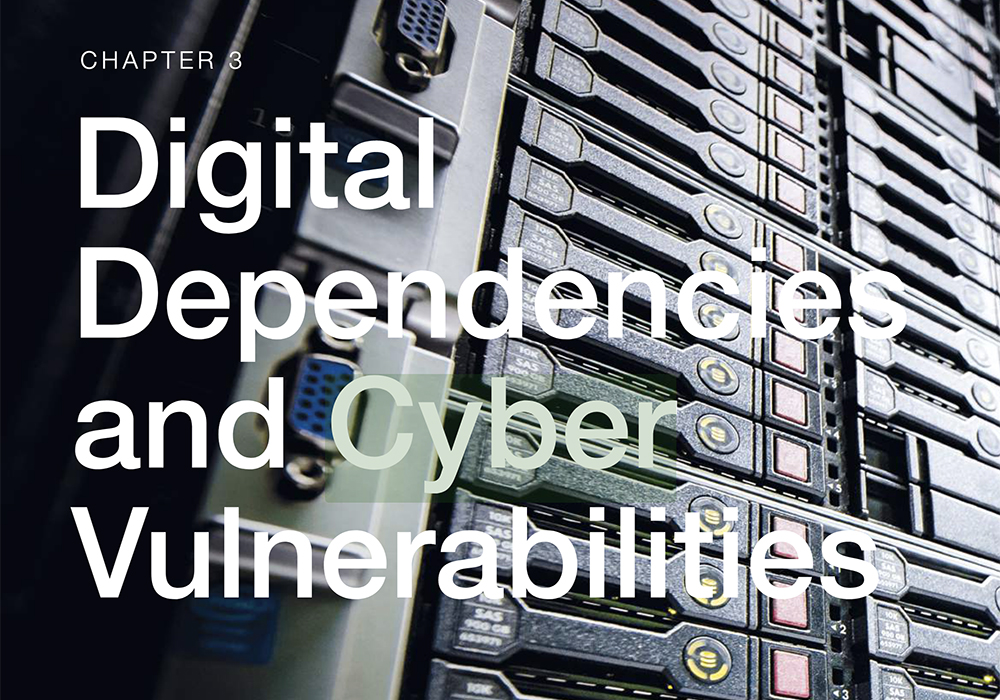Companies often rush to take advantage of digital opportunities but don’t invest in the necessary underlying systems
More and more, people rely upon critical digital technologies to operate their societies, transact business and just plain live.
But that ability to operate within the increasingly digitized world is being attacked and undermined by attacks from a number of sources, intentional and unintended, says the World Economic Forum.
Cybersecurity has become a particular plague, with ransomware attacks surging and identity theft rife. As countries, companies and people have rushed to take advantage of the opportunities the digital world offers, they haven’t always invested in the underlying equipment and system the developing digital world requires.
Read Also

Pakistan reopens its doors to Canadian canola
Pakistan reopens its doors to Canadian canola after a three-year hiatus.
“Too often this has been built on the backbone of aging technology, which has led to supply chain disruptions and greater exposure to cyberattacks,” said Carolina Klint, risk manager leader at Marsh, the global insurance company. She was speaking about some of the risks highlighted in the World Economic Forum’s Global Risks Report 2022.
The dangers from cybercrime and sabotage are severe. Critical infrastructure can be crippled, companies can be held hostage and individuals fleeced.
Digital players are also confronted by an increasingly aggressive regulatory environment, she said.
The current problems are slowing the ability of countries and sectors of the world populations to move many necessary activities online and into the digital sphere.
A growing challenge is the cluttering of the space above the planet, which is quickly filling with potentially dangerous and disruptive equipment and technology.
“Our planet is surrounded by a literal junkyard of human-made space debris, with nuts and bolts, discarded rocket parts, empty fuel tanks, broken satellites, and in addition to growing geopolitical tensions these objects pose a serious threat to global communications and the future of our ambitions in space,” said Klint.
Much of the world’s telecommunications system relies upon satellites already, and with many more digital technologies coming, preventing space from becoming too cluttered and dangerous to operate is essential.
“If we can manage these emerging risks successfully, we will be able to realize the full potential for technological and human advancement that space presents,” said Klint.
Her comments come after a year in which the “billionaires in space” story and Tesla founder Elon Musk’s plans to put thousands of new satellites in orbit drew much attention and concern.
More companies are operating in space today, geopolitical tensions on Earth threaten to move into a space arms and surveillance race, and a lack of near-space regulation is allowing “space junk” to proliferate.
















